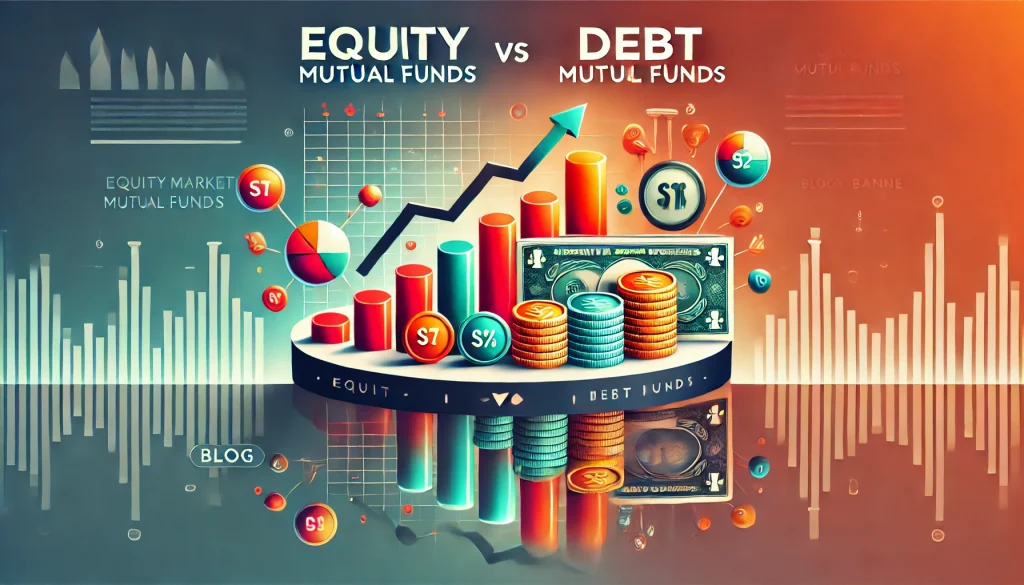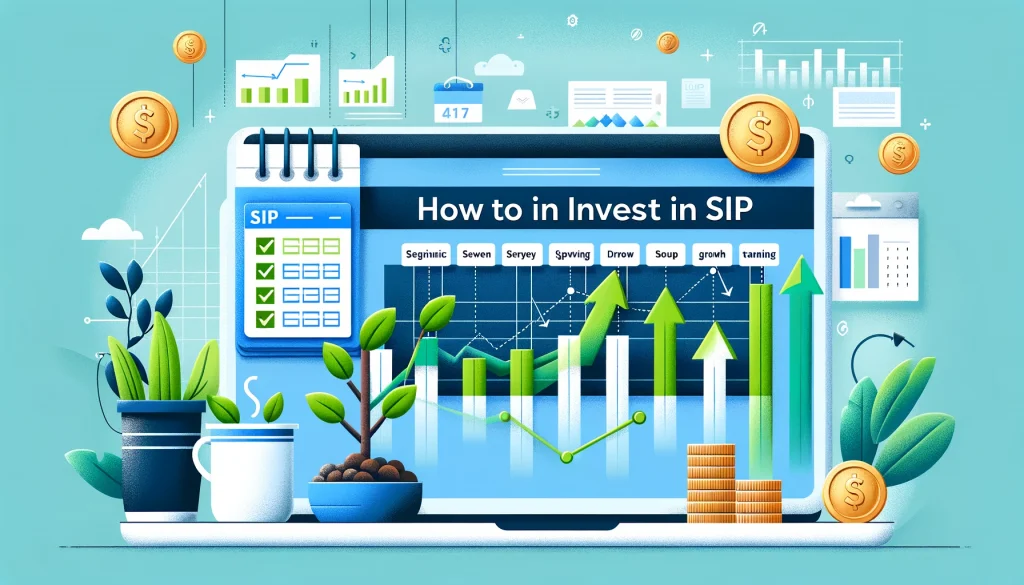
Financial decisions are tough, and when it comes to investing, there are two popular options that individuals often consider: exchange-traded funds (ETFs) and mutual funds. Both ETFs and mutual funds provide investors with exposure to a diversified portfolio of securities. However, when it comes to choosing between ETF and mutual funds, you do not have to take much stress. They have their own set of similarities and differences that make them ideal investment vehicles for different types of investors. However, several key differences between these investment vehicles are worth understanding before making investment decisions.
ETF vs Mutual Funds – The Difference
Exchange-traded funds (ETFs) and mutual funds are investment vehicles designed to pool money from multiple investors and invest it in a portfolio of securities, such as stocks, bonds, or commodities. While they share similarities in their purpose, they differ in structure, trading mechanisms, costs, and investor accessibility.
ETFs are investment funds that trade on stock exchanges, similar to individual stocks. They are designed to track the performance of a specific index, such as the S&P 500 or the Nasdaq 100. In contrast, mutual funds are professionally managed investment portfolios that portfolio managers manage actively or passively.
| Parameters | ETF | Mutual Funds |
| Management Style | Passively managed, designed to track specific indexes | Can be actively or passively managed |
| Trading | Traded on stock exchanges throughout the trading day | Traded at NAV at the end of the trading day |
| Expense Ratios | Lower expense ratios compared to mutual funds | Expense ratios can be higher |
| Tax Efficiency | Minimise capital gains taxes through the creation and redemption process | Capital gains distributions may lead to tax implications |
| Investment Options | Broad market exposure, sector-specific, and international investments | Diverse investment strategies, target-date funds, and asset allocation options |
| Investor Access | Traded through brokerage accounts, individual ownership | Purchased directly through fund companies, investment advisors, retirement plans |
| Performance | Market-like returns, closely tied to the performance of an underlying index | Potential for outperformance but also higher risks with active management |
| Suitability | Cost-conscious investors, short-term traders | Long-term investors, risk management, and diversified strategies |
ETF vs Mutual Funds – Which One to Choose?
When considering whether to choose an ETF (Exchange-Traded Fund) or a mutual fund, there are several factors to consider. Both options offer advantages and disadvantages, so your decision will depend on your specific needs and preferences. Let’s explore the key differences between ETFs and mutual funds to help you make an informed choice:
1. Structure
ETFs are traded on stock exchanges like individual stocks, and their prices fluctuate throughout the trading day. Mutual funds, on the other hand, are priced at the end of the trading day based on the underlying securities’ net asset value (NAV).
2. Cost
Generally, ETFs tend to have lower expense ratios than mutual funds. This is because ETFs are passively managed and aim to replicate a specific index, while mutual funds may have higher management fees due to active management.
3. Investment Minimums
Mutual funds often have minimum investment requirements, while ETFs can be purchased with a single share, making them more accessible to individual investors.
4. Trading Flexibility
ETFs offer intraday trading flexibility, allowing investors to buy and sell shares throughout the trading day at market prices. Mutual funds, however, can only be purchased or sold at the NAV price at the end of the trading day.
5. Tax Efficiency
ETFs generally have an edge in terms of tax efficiency. Due to their unique structure, ETFs can minimise capital gains taxes by using in-kind transfers of securities, which helps reduce taxable events. Mutual funds, especially actively managed ones, may generate capital gains for shareholders when the fund manager buys or sells securities within the fund.
6. Variety and Investment Strategies
ETFs cover a wide range of asset classes, sectors, and investment strategies. They can provide exposure to specific industries, countries, or themes. Mutual funds also offer various investment options, including actively managed, index, and target-date retirement funds.
7. Dividends and Distributions
Both ETFs and mutual funds can distribute dividends and capital gains to shareholders. However, the timing and frequency of these distributions may differ. Mutual funds often distribute dividends and capital gains annually, while ETFs may distribute them more frequently, such as quarterly or monthly.
Final Word
Now that we know the difference between ETF vs Mutual Funds, these two are popular investment options that offer exposure to a diversified portfolio of securities. ETFs are passively managed funds that track specific indexes, trade on exchanges, and have lower expense ratios. Mutual funds can be actively or passively managed, trade at NAV, and provide diverse investment strategies. The choice between ETFs and mutual funds depends on factors such as trading preferences, costs, tax efficiency, and investment objectives. It is essential for investors to carefully evaluate their options and consider their individual needs before making investment decisions.
FAQs
Yes, investors can allocate their investment portfolio across both ETFs and mutual funds to diversify their holdings and take advantage of the benefits offered by each.
Yes, investors can allocate their investment portfolio across both ETFs and mutual funds to diversify their holdings and take advantage of the benefits offered by each.
ETFs generally have a tax advantage over mutual funds due to their creation and redemption process, which helps minimise capital gains taxes.
ETFs can be traded on stock exchanges throughout the trading day, allowing investors to buy and sell ETF shares at market prices.
Some mutual funds charge sales loads, which are upfront fees or commissions paid when buying or selling fund shares. Additionally, mutual funds may have redemption fees for selling shares within a specified time frame.


